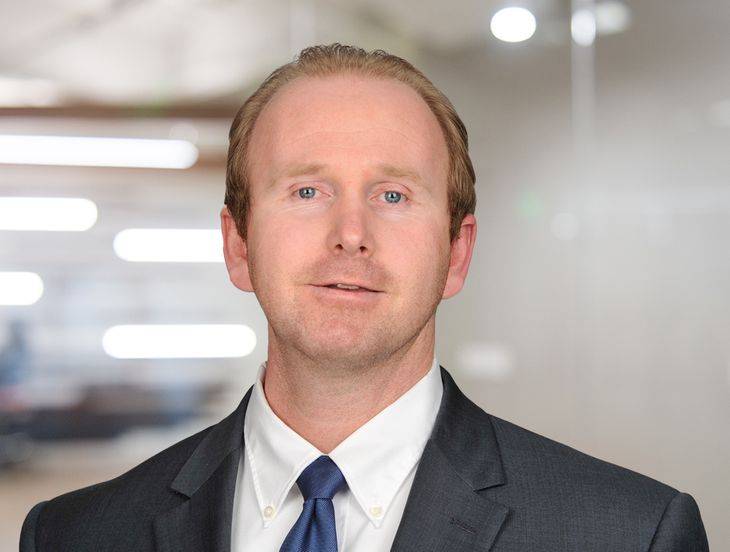California Supreme Court Hands Employers Rare PAGA Win by Limiting Powers of Additional Non-Party Plaintiffs
Insights
8.08.24
The California Supreme Court just held that a plaintiff in one PAGA action does not have the right to intervene or object to a judgment in a similar action even if a settlement or other resolution in that similar case results in their PAGA action being entirely extinguished. The August 1 decision in Turrieta v. Lyft, Inc. is a solid win for employers, limiting the exposure you face when targeted with two or more overlapping PAGA actions and providing clarity when making strategic litigation decisions during PAGA settlement negotiations. What are some key takeaways from this ruling and what should employers do as a result?
Quick Background
California employers are no stranger to the state’s recently overhauled Private Attorneys General Act (PAGA). The legislative scheme allows an individual alleging Labor Code violations to bring a lawsuit against an employer and seek penalties “on behalf of himself or herself and other current or former employees.”
Because of the massive amounts that could be at stake, employers are frequently faced with two or more PAGA actions at the same time. At times, the plaintiffs bringing the separate actions might find themselves at conflict and may want different outcomes from their own pieces of litigation. But employers have felt uncertain as to how to proceed in such instances, as the law was unclear about what rights an individual pursuing one PAGA action might have to intervene in the lawsuit, object to a settlement, or move to vacate a judgment in separate but related PAGA actions.
Multiple Plaintiffs Line Up to File Similar, But Separate, PAGA Claims
In the case at issue, multiple California plaintiffs filed separate PAGA claims against the rideshare company Lyft alleging similar legal violations of the state’s Labor Code. One plaintiff, Tina Turrieta, reached a settlement in her representative PAGA action, and the court scheduled a settlement approval hearing.
Two other plaintiffs, Brandon Olson and Million Seifu, had each filed their own separate representative PAGA lawsuits alleging overlapping or similar PAGA violations. They attempted to intervene in Turrieta’s PAGA action, objected to her settlement, and filed motions to vacate the final judgment. The trial court rejected the attempted intervention, and a Court of Appeal affirmed.
State Supreme Court Settles Question in Favor of Employers
The California Supreme Court agreed in a 5-2 decision authored by Justice Jenkins. It held that a plaintiff in one representative PAGA action does not have a right (1) to intervene in another PAGA action that includes overlapping or similar claims, (2) to object to a proposed settlement in that other PAGA action, or (3) to move to vacate a judgment in that other PAGA action.
The court’s decision reaffirms that PAGA actions are disputes between the employer and the state, with the PAGA plaintiff acting as a proxy on behalf of the government. PAGA actions are intended to benefit the state and the general public, the court reaffirmed, not the individual plaintiffs or their attorneys who are bringing the representative PAGA action.
The court noted that lower courts considering PAGA settlements still have a duty to ensure that any negotiated resolution of a PAGA claim is fair, reasonable, and not collusive. The decision also does not preclude a PAGA plaintiff in one action from seeking to coordinate or consolidate a related PAGA action if the parties choose to team up.
Potential Impact and Key Takeaways
- Plaintiffs with PAGA claims may feel compelled to be the first to reach a settlement and obtain settlement approval from the court. This may lead to earlier resolutions of PAGA claims, and potentially shorten the applicable PAGA periods in settlements.
- Plaintiffs may seek to consolidate or coordinate with other PAGA claims filed by other plaintiffs with similar or overlapping alleged violations.
- Parties to a PAGA settlement may have more certainty that their negotiated PAGA settlements will not be disrupted by an aggrieved employee with a separate and overlapping action.
- Employers may further benefit by taking advantage of the new cure and remediation provisions of the amended PAGA statute where there are overlapping and related actions.
- You may see state lawmakers consider legislation that speaks to the issues in this opinion and reverse course, as the court itself reiterated that the Legislature is free “to decide whether statutory recognition of the rights a representative PAGA plaintiff asserts is wise and/or necessary to achieve PAGA’s goals.” Stay tuned for further news on whether state lawmakers take up this fight to try to overturn this ruling.
What Should You Do?
- Employers with pending PAGA litigation should discuss with their legal counsel how this recent opinion could impact the potential settlement negotiations for, or resolutions of, those matters.
- Remember that this opinion also comes on the heels of California’s recent passage of PAGA reform. Employers that receive a notice alleging violations of PAGA should immediately discuss with legal counsel the cure and remediation provisions of the amended PAGA statute, whether or not a related PAGA action is already pending.
- You may also want to take proactive reasonable steps to put your organization in the best position to defend against PAGA actions, including updating your handbook, conducting audits, and training your employees.
Conclusion
We will continue to monitor these developments and provide updates as necessary, so make sure you are subscribed to Fisher Phillips’ Insight System to get the most up-to-date information. If you have questions about PAGA litigation, please contact your Fisher Phillips attorney, the authors of this Insight, or any attorney in our California offices.
Related People
-
- Corina Johnson
- Associate
-
- Shaun J. Voigt
- Partner

